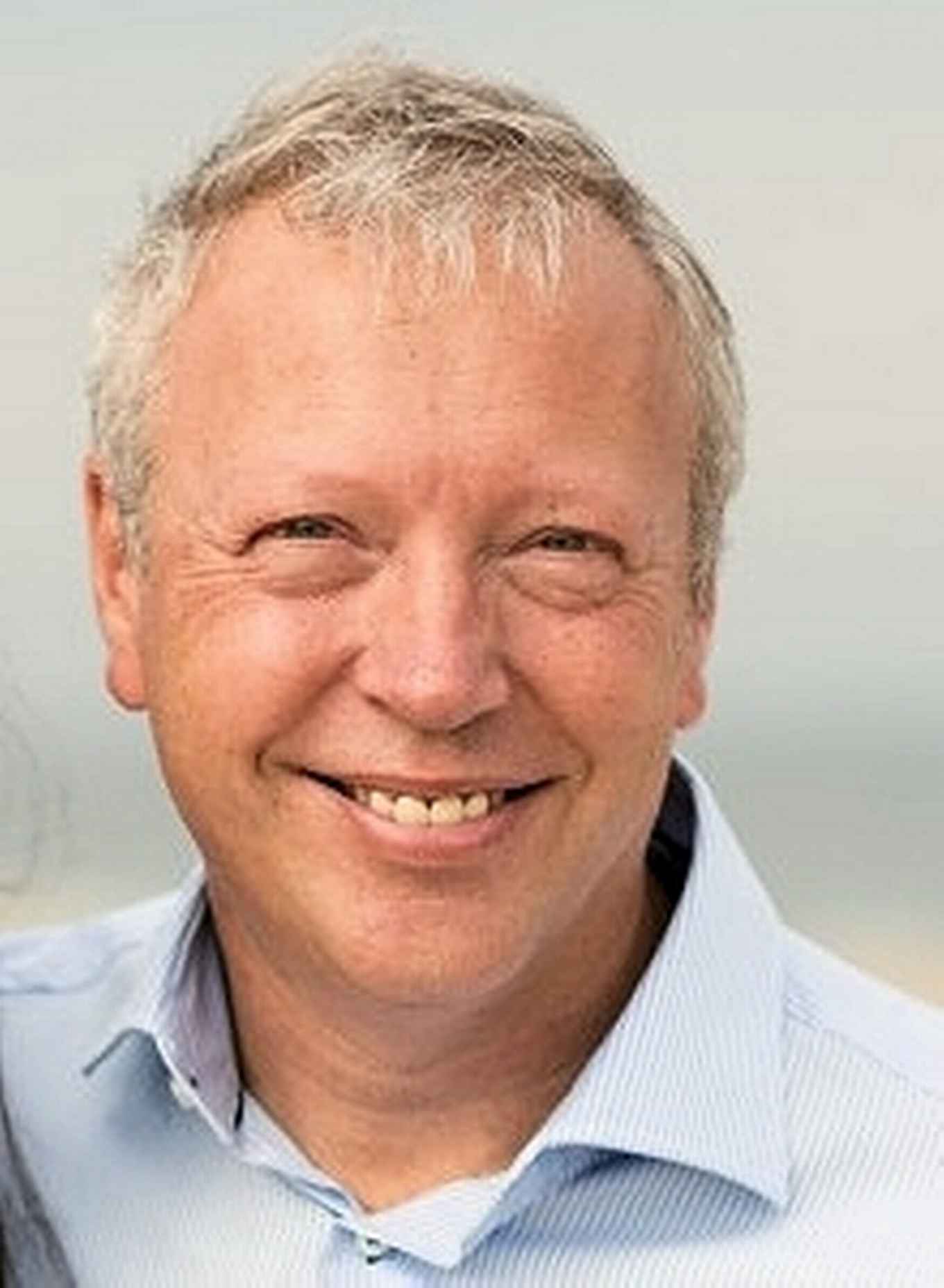Inaugural lecture Gert-Jan Gruter: 'The opportunity of sustainable materials'.
'In order to make an impact in 2050, new materials must be identified now.'
19 June 2018

In his inaugural lecture, Gruter presented his research aimed at making industrial chemistry more sustainable and thereby reducing its CO2 footprint. In doing so, he put science and technology in the perspective of the societal necessity of a transition towards the climate-neutral, sustainable production of energy and – in particular – materials.
In 2050 three times as much plastic
Gruter emphasized the relevance of economic feasibility of the new generation of sustainable plastics: "There is no doubt in my mind that we can only start to change our way of producing and using energy and resources if we develop alternatives that can compete with today’s ways on cost, performance and sustainability." He sees great opportunities in the growth of the worldwide production volume of plastics from the current 325 million tons to 1.1 billion tons in 2050.
'The real opportunity for renewable materials is in the 750 million tons of growth for the next decades. Building novel processes in a growth market is much easier than replacing existing fossil based capacity, as long as these new materials can compete on cost and/or performance. In order to make an impact in 2050, these new materials must be identified NOW to enable this transition.'
Reassessment of biomass as a resource
Gruter realizes there's controversy regarding the use of biomass. But its use can't be ignored when it comes to sustainable chemicals and materials: 'Unlike the many alternatives for energy, for chemicals today biomass is the only available alternative.' According to Gruter, in the long term CO2 may become an affordable feedstock for the chemical industry, but only if sufficient cheap renewable energy is available to power its chemical conversion.
Importance of communication
As a scientist, Gruter is optimistic that solutions will be found to enable the transition towards sustainability. However, he said, 'I am confused, often surprised and sometimes utterly disappointed by all the emotion, fake facts, hot air, noise, smoke and mirrors, green washing, miscommunication, misunderstanding and resulting frustration and disconnection in the public debate on sustainability in all of its aspects. Social media have certainly influenced this.' Information and communication are more relevant then ever, according to Gruter: 'This chair will allow me to address, try to understand and try to influence the issues related to communication. Science needs to reduce distance.'

Mini symposium
During the mini-symposium prior to the inaugural lecture, faculty professor Joost Reek gave an introduction to the UvA research priority Sustainable Chemistry. Heather Leslie from VU University Amsterdam explained the environmental issues surrounding microplastics and described how she and Gruter will be conducting research into PET microfibers in a marine environment.
Avantium's CEO Tom van Aken explained why and how his company develops sustainable chemistry, and how important Gruters contribution is. Philosopher Bas Haring from Leiden University gave his view of the problems of communication on complex topics such as sustainable materials. Finally, Emmo Meijer of the Dutch Top Sector Chemistry gave his view on the transition towards a sustainable chemical industry in the Netherlands / Flanders / Ruhr area.